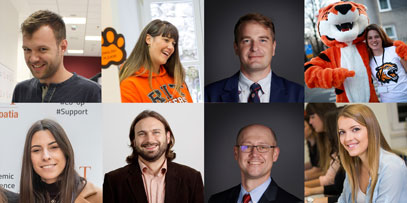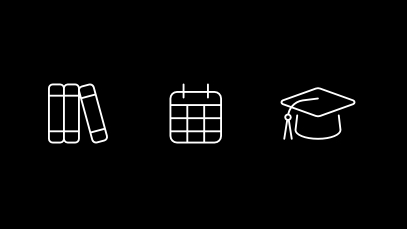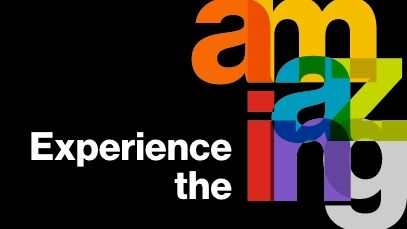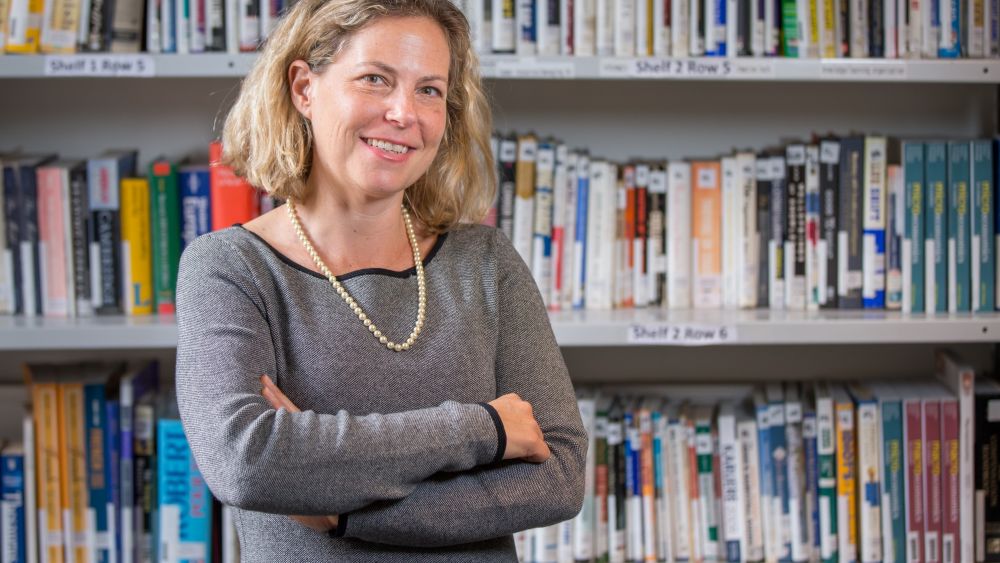Senior Capstone Project - The Crown on the Top of a Tower
Senior Capstone Project - The Crown on the Top of a Tower
June 18, 2020
Students from the Hospitality and Tourism Management program come a long way from the first day of being introduced to the amazing four-year journey at RIT Croatia. The first semester of the first year is usually somewhat confusing, scary and by all means not easy. As they progress, they mature and acquire new knowledge and skill set that enables them to finish their fourth year on a high note, with having a Senior Capstone Project in their final semester. You may wonder what this is. Well, there is no better person to tell the story than Ms. Rebecca Charry Roje, RIT Croatia's Faculty member who has been teaching this course for 5 years already and was happy to answer some questions about this course.
Q: What is the senior capstone project course and why is it important for graduating students of HTM program?
Ms. Rebecca Charry Roje: "A "capstone" is the final piece of stone used to complete a tall building, like the crown on the top of a tower. So this course, taken in the last semester of the senior year, asks students to pull together all of the knowledge and skills they have been building over the years of their college career to create and complete an original, independent research project. The process is student-driven from beginning to end, and results in professional, scientific research paper and public presentation of the results.
In this project, students explore in depth a specific, current topic in hospitality and tourism that interests them. They pose an important question about this topic that has not been asked before, and collect objective, scientific data to answer the question. Data collection is the most exciting but also most challenging part of the process. This is where they test the theories and concepts they have read about, by finding out what is actually happening in the real world around them. Students use surveys, experiments, and observations to collect reliable information, and then use those results to propose solutions to current problems.
This project is their undergraduate thesis, a time-honored tradition in the academic world. Completing this work successfully proves that students have earned their rightful place as college graduates. For many students, it is the most complex and serious academic work they will ever do. It is more than just another course; it is a rite of passage that most students never forget."
Q: What is your role in this course? How long have you been teaching it?
Ms. Rebecca Charry Roje: "I've been teaching the Capstone Research course for about 5 years. I am the course instructor, which means I am responsible for structuring the overall framework of the project and guiding students through the process. We meet in groups for three hours per week in the classroom (like any other course) and we use this time for short lectures on the theoretical aspects of research and writing, small group discussions, individual consultations, peer presentations and hands-on workshops.
I also help student prepare for their final presentations, where they publicly present their projects in a 15 minute presentation and answer questions from faculty members and the public. In my course, this traditional "thesis defense" takes the form of an interesting and educational TED-style talk. One of the greatest rewards of my teaching is to see the seniors at this moment, at the peak of their knowledge, sharing their knowledge with others. Since I know all my students well, and have taught most of them for several years, I have witnessed the journey that they have each taken to reach this moment, and I am proud of each one of them.
While I am the instructor for the whole generation, each student also works closely with an individual content mentor, who has expertise in the specific topic that the student is exploring. The mentors help students develop their topics, find appropriate reading material and provide crucial feedback on drafts of the paper. The project is a team effort, and one of the keys to the success of the course is great communication and idea sharing among the students, the mentors and myself. It's also a wonderful experience for me to work with my colleagues in a way that I don't get to do otherwise."
Q: How do HTM students choose topics and mentors for their senior project? Are there restrictions or do students have freedom in the choices they make?
Ms. Rebecca Charry Roje: "The course is designed to give students as much freedom of choice as possible. Since students are completing their degree program in HTM, their topics need to be related in some way to the general fields of tourism and hospitality management. But there are so many fascinating areas within this range that the choice of topics is really unlimited: from business and finance to human resources, to technology, service quality, entrepreneurship, and even broader cultural and social issues that impact this industry. I am very open to creative, out-of-the-box topics. The most important thing is that students choose a topic that they are genuinely excited about, which is important and interesting to them and about which they are truly driven to learn more. The research process is a long and sometimes difficult process -- to make it all the way to the end, you really have to love your topic.
Students are free to choose their mentors from among any of the full-time faculty members on campus, (including me :)). It's very important for students to choose a mentor whom they know well and work well with. We do place a limit on the number of students per mentor however, so that faculty members are not overloaded. The best way to make sure you get the mentor you want is to talk to them early, before they get booked up!
Every year, we encounter amazing ideas our students feel passionate about, and here is to name a few: wheelchair accessible tourism in Dubrovnik, job satisfaction and working conditions of cruise ship employees, artificial intelligence (AI) applications in human resources, key elements of craft brewery experience, managing growth of the private accommodation lodging sector, blockchain technology applications for medical tourism, wine list design, conflict management in family hotel business, and multilingualism in hospitality employment…The list is long and very versatile, you will agree!"
Q: What is usually the most challenging part of completing the necessary workload for a successful senior project?
Ms. Rebecca Charry Roje: "For most students, the most difficult part is time management, energy, and motivation. Completing the project well takes time, effort, patience and organization. However, as in any real research, you don't always know exactly where you're going. It's not a clear path from point A to point B. It's more like an exploratory journey, during which you might get stuck, or change direction, and have to figure things out as you go. This is the way real, legitimate research works. You start with a question, and you truly don't know the answer. The more you read, the more you realize how little you know. Students have to be able to tolerate a certain amount of uncertainty and be flexible enough to change their minds and adapt as they go along. They also need to be open-minded enough to accept that they really do not have the answer to their research questions. Remember, research has the word "search" in it. Once you collect your data, it might turn out that your original expectations were wrong. That's a great and successful project."
Q: What are the learning outcomes from doing a senior project?
Ms. Rebecca Charry Roje: "By the end of this experience, students have deep, up to date knowledge of a particular current issue or debate in the industry. They are up to speed on some of the cutting edge trends and controversies, and this prepares them to be outstanding employees. Even more importantly, they know how to apply that knowledge in the real world and come up with ideas and solutions that are based on evidence. They understand how scientific research and data collection works, and the importance of basing business behavior on evidence and facts. Of course, they also come out of the course with stronger skills in oral presentations, research and writing, and time and project management. And finally, each year, a few of the most successful projects are published in professional journals as co-authored works between the student and mentor. "
Q: What would be your personal message about the importance of senior project and opportunities it can potentially bring to students and to community in general?
Ms. Rebecca Charry Roje: "As you can see from how much I have written, I am really enthusiastic about this course and could go on for a long time :). But to keep it short, I will look to the future. These are challenging times for the whole world. Now more than ever, society needs young people who know how to identify problems and opportunities in the world around them and seek creative, knowledge-based solutions. And so this capstone experience not only prepares students excellently for the workplace, it also helps create the innovative critical thinkers whom we will be counting on to solve problems in the future!"
Recommended News
-
July 18, 2024
-
July 17, 2024
-
July 16, 2024
-
July 11, 2024











